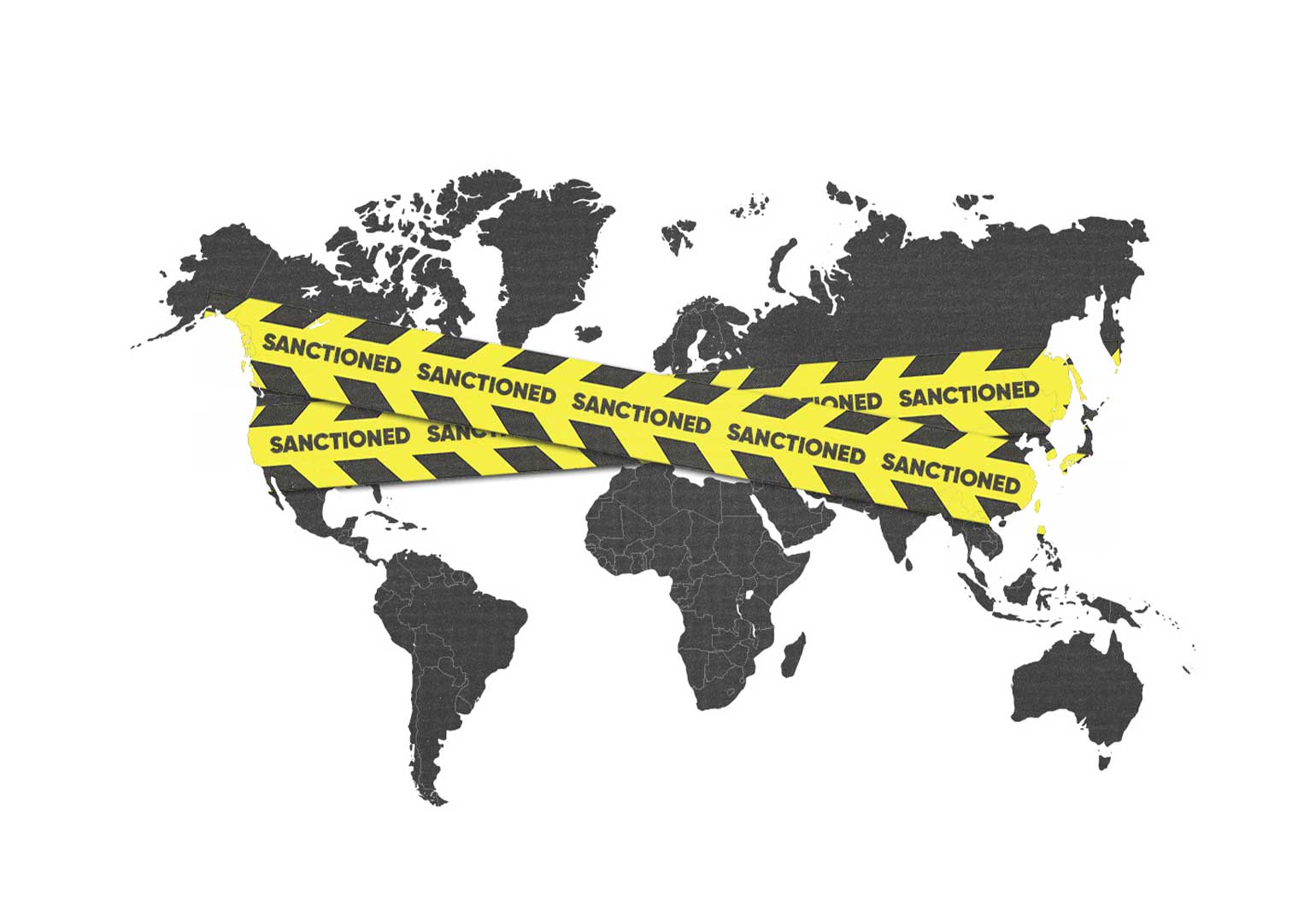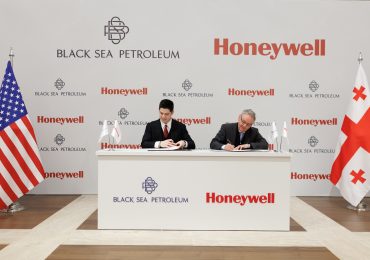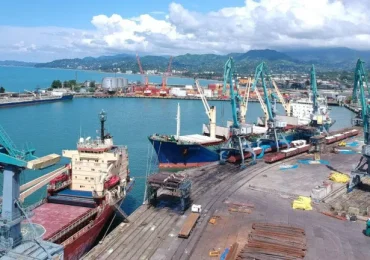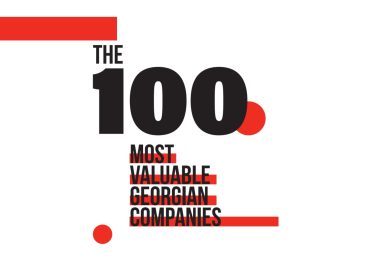OVER THE COURSE OF THE 21ST CENTURY, countries have been employing the practice of sanctions with increased frequency. This trend has been facilitated by globalization. As countries are economically interdependent, sanctions can cause them substantial economic damage. Sanctions are usually the price paid by governments for certain political decisions. They can apply to individuals, companies, or countries as a whole. The heaviest sanctions are those placed on a country’s economy. The Russian invasion of Ukraine in 2022 brought the topic of sanctions to the fore once again. More than half of the sanctions currently enforced by Western countries are associated with Russian aggression. They apply not only to Russia and its citizens but also to various individuals and legal entities helping the Kremlin.
Compiling a ranking of the most heavily sanctioned countries is not easy and has never been done before. However, we can rank countries by the number of sanctions imposed on them. The highest number of sanctions does not always equal the heaviest sanctions, but practice shows that the quantity is primarily consistent with the weight. The number of sanctions is generally considered to be the number of sanctioned individuals and legal entities.
10. Afghanistan
Afghanistan is subject to more than 100 sanctions. The country was first sanctioned by the United Nations in 1999. The Taliban government had sanctions imposed on it by the United States and Europe early on. These were tightened after the 11 September 2001 terrorist attacks. However, many of the current sanctions were imposed on Afghanistan in 2021 when the Taliban returned to power and launched a campaign of repression. Afghanistan is restricted in trading in arms and technology, and the government’s foreign assets are frozen. Members of the Taliban are under sanctions for the violation of fundamental human rights.
9. Libya
Libya is subject to more than 100 sanctions. The country was first sanctioned in the 1990s due to its support for terrorism, but the current sanctions are mainly related to the 2011 Libyan Civil War, which ended with the downfall and death of the dictator Muammar Gaddafi. The United States, European Union, and other countries still sanction supporters of the Gaddafi regime. Military cooperation and arms trade with Libya are also prohibited.
8. Cuba
Cuba is subject to more than 200 sanctions. The country was first sanctioned in 1958 by the United States, which placed an arms embargo on the island. In 1962, all American exports to Cuba were banned. The U.S. government must approve any exceptions, and nobody can invest in Cuba without a license. The U.S. lists Cuba as a state sponsor of terrorism. The main reason for the sanctions is Cuba’s dictatorial communist regime. The European Union lifted its sanctions on Cuba in 2008.
7. Venezuela
Venezuela is subject to more than 900 sanctions. The country was first sanctioned by the United States in 2008 due to the government’s support for the drug trade. Several officials were sanctioned then, but the bulk of the current sanctions were imposed in 2014 and 2017 when the government violently cracked down on post-election protests. Other reasons for sanctions include corruption. More than 150 legal entities and 700 individuals associated with President Nicolas Maduro have been sanctioned in total. The European Union has also sanctioned Venezuela, while most South American countries stopped issuing visas to Venezuelan officials. In addition to individual sanctions, trade with Venezuela in military, communications, and secondary goods is prohibited. US sanctions include freezing the assets of sanctioned individuals.
6. Myanmar
Myanmar is subject to more than 1,000 sanctions due to the government’s crackdown on democratic movements, human rights violations, and corruption. State-sponsored violence in Myanmar began in 1988 when a military junta took over. Since 2003, sanctions have been imposed by the United States, European Union, United Kingdom, Canada, and other Western countries. Sanctions include an arms embargo, restrictions on trade and investment, a travel ban, and the freezing of assets of high-ranking officials. Sanctions imposed on Myanmar have gradually increased and become more severe over the past 20 years.
5. Belarus
Belarus is subject to more than 1,500 sanctions. The country was first sanctioned by the European Union in 2005 when visa restrictions were placed on high-ranking officials. The sanctions were relaxed in 2008. The second stage of sanctions began in 2015, but the restrictions were light until 2020 when they were tightened by the United States, European Union, United Kingdom, and other Western countries due to election rigging and a mass crackdown on the population. The next wave of sanctions was connected to the Russian invasion of Ukraine. Belarus allowed its territory to be used by the Russian army to attack Ukraine. More than 10,000 Belarusians are currently subject to financial and visa restrictions. Trade restrictions are also in place, while Belarusian banks cannot access the SWIFT banking system. International state investment banks do not finance Belarus.
4. North Korea
North Korea is subject to more than 2,000 sanctions. The country was first sanctioned by the United States in 1953 upon the conclusion of the Korean War. The first sanctions involved trade and financial restrictions. Sanctions were expanded and tightened in 2006 over North Korea’s nuclear program when it first tested a nuclear weapon. The West currently prohibits trade with North Korea (except for food and medicine), investment, financial assistance, and travel. It is declared a state sponsor of terrorism. The list of sanctioned individuals and companies from North Korea has increased since 2022, as the country is actively helping Russia in its war against Ukraine.
3. Syria
Syria is subject to more than 3,000 sanctions. The country was first sanctioned by the United States in 1977 for invading Lebanon and financing Hezbollah. The majority of the current Western sanctions have been in place since 2011. They mainly relate to the Syrian Civil War, which followed the protests against dictator Bashar al-Assad. The United States has imposed the strictest sanctions. Members of the Syrian government and military are sanctioned, the country is under a financial and trade embargo, and its international assets are frozen. Syria is listed as a state sponsor of terrorism.
2. Iran
Iran is subject to more than 5,000 sanctions. The country was first sanctioned by the United States in 1979 when radical Islamists stormed the U.S. Embassy in Tehran and took hostages. The U.S. froze Iran’s foreign assets and placed the country under a trade embargo. The sanctions were tightened in 1984 during the Iran-Iraq War and then once again in 1995 over Iran’s nuclear program and financing of terrorist organizations. Over the last three decades, the sanctions were eased and tightened several times. Sanctions have been significantly tightened since 2022 due to Iran’s military aid to Russia and the police killing of a young woman, Mahsa Amini. Iran is sanctioned not only by Western countries but also by the United Nations. Members of the Iranian government have been sanctioned. Financial and trade embargoes have been imposed on the country.
1. Russia
Russia is subject to more than 20,000 sanctions and leads the ranking by a wide margin. The sanctioning of Russia began in 2012 with the “Magnitsky Act,” which imposed sanctions on 18 individuals responsible for the murder of Sergei Magnitsky. Individual sanctions were followed by economic ones in 2014 following the occupation of Crimea. Restrictions were placed on trade and cooperation with Russia in the fields of military and technology. Russia lost its right to vote in the European Council, and individuals associated with war and separatism were sanctioned. Until February 2022, Russia was subject to around 2,700 sanctions. More than 80% of the current sanctions were imposed because of the full-scale invasion of Ukraine. Sanctions have been imposed by around 50 countries, led by the United States and Canada. Up to 7,000 legal entities and 13,000 individuals are currently under sanctions that include travel bans, trade embargos, cessation of investment, the freezing and confiscation of the Kremlin’s international reserves, a ban on the purchase of Russian government bonds, the removal of Russian banks from SWIFT, sanctions against Russian scientists, artists, athletes, and more. This is an ongoing process, and the number of sanctions against Russia is periodically increasing.
Forbes Georgia: სარედაქციო გუნდი

















